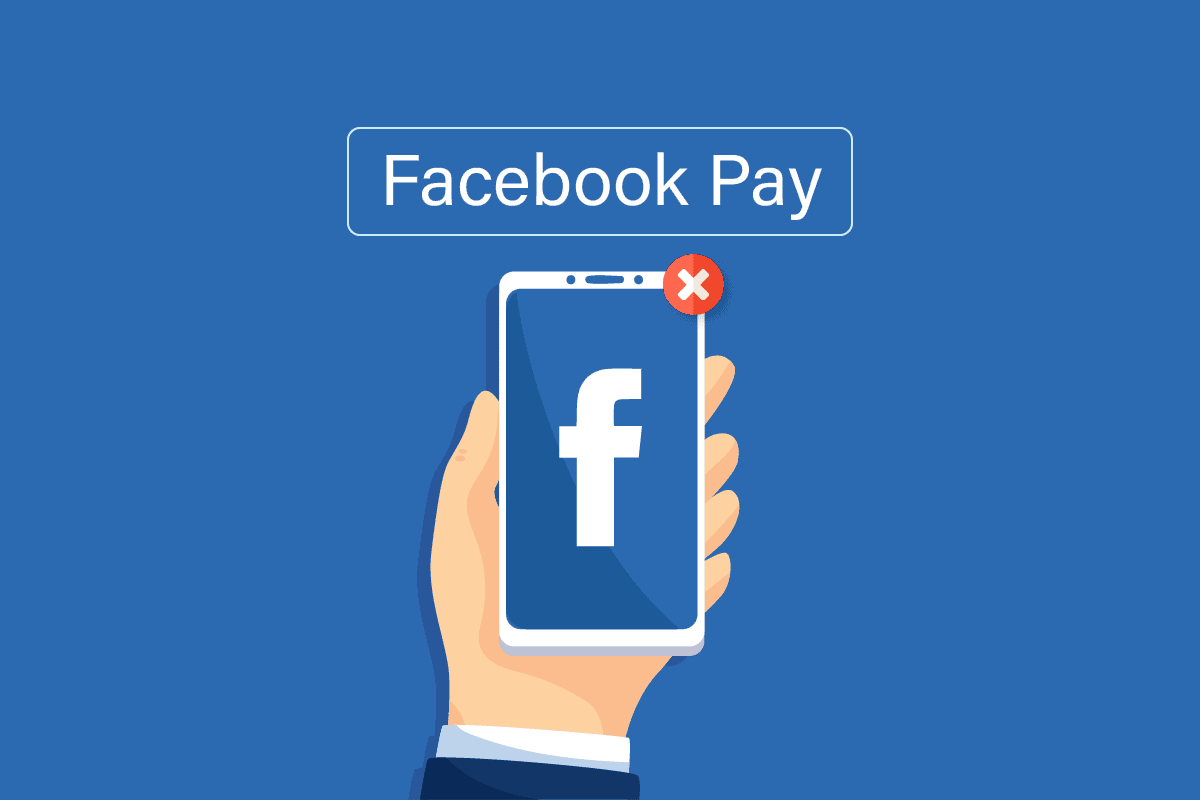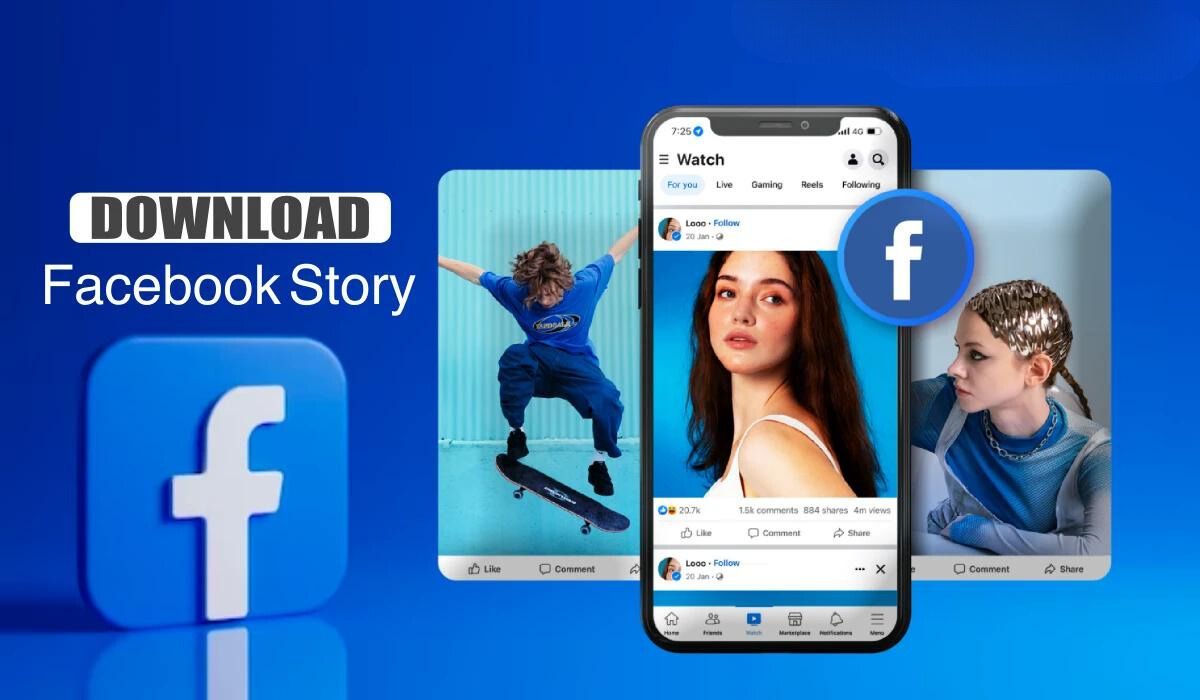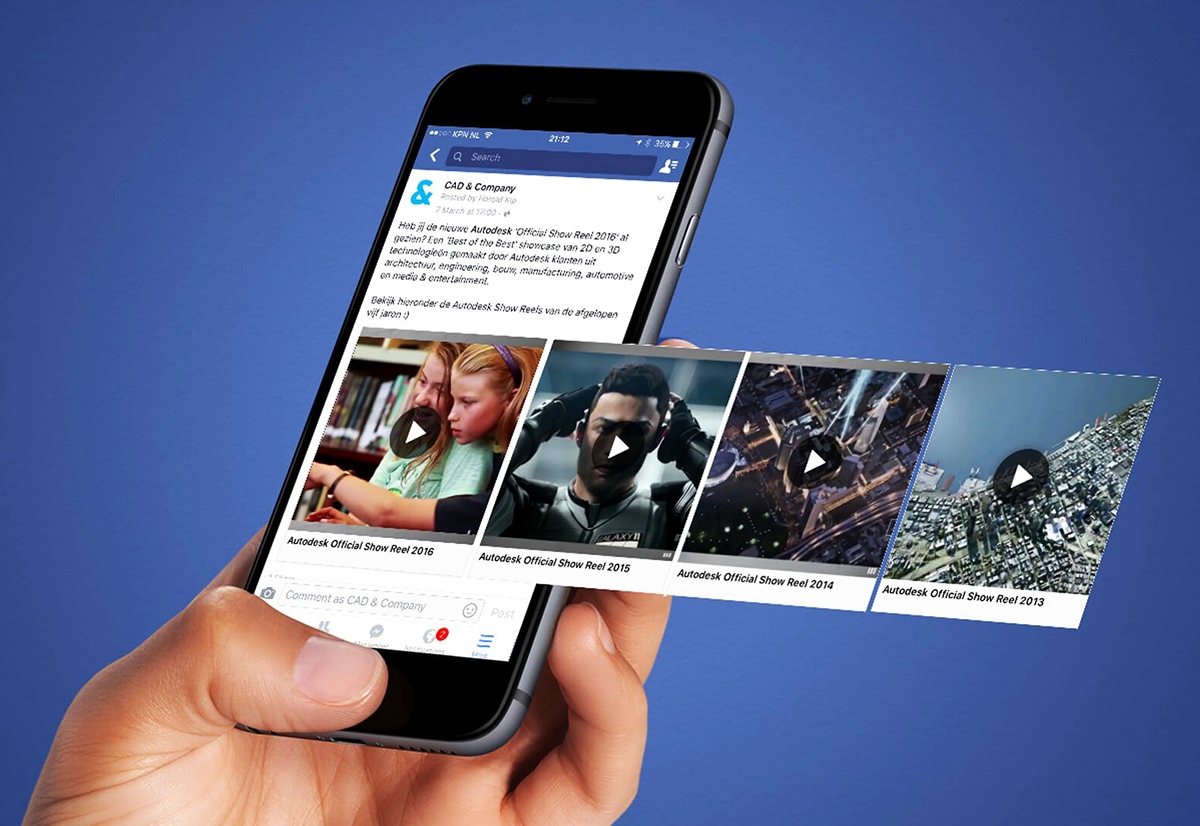Facebook alternative sites are increasing in popularity. As the number of privacy violations slowly mount against the social media giant, more and more people are beginning to find reasons to search for alternatives. As it turns out, people care about their privacy and want social media sites that operate under the umbrella of trust, function, and safety. If you’re tired of all the drama surrounding Facebook, we’ve got you covered with a list of the best Facebook alternatives to help you make the switch.
What is Facebook?


Facebook is a popular online social media and social networking platform founded by Mark Zuckerberg and his peers from Harvard. Zuckerberg coded the first-ever online version of the software in early 2004, called “TheFacebook.” Zuckerberg originally conceptualized a software that would compile the photos and personal information of all Harvard graduates, and membership to the website was originally exclusive to its students. Access to the site was later expanded to other Ivy League colleges.
In 2005, the company officially changed its name to Facebook. They announced Facebook’s Developer platform in May 2007 to encourage software developers to create applications that could latch on to their platform. Since then, the social networking website has expanded its services to include instant messaging in Facebook Messenger. The company reports that as of December 2018, it has approximately 2.3 billion monthly active users. It’s considered as the most downloaded mobile app in the world during the past decade.
Facebook is extremely popular across multiple age groups as it allows users to connect with people they know from anywhere in the world who also have a Facebook account. The software allows both organizations and individuals to express themselves and conduct social activities within the platform. It’s the perfect online space for users to share stories, photos, and multimedia. The software also makes it possible to use embedded apps, join common interest groups, and receive notifications about their Facebook friends’ activities and posts.
What Does Facebook Do With Your Data?


Facebook’s hefty influence over the internet has led to plenty of criticisms and intrigue. Controversies surrounding internet privacy, unauthorized usage of user information, and bugs have plagued the company for years. The main issue that is being debated until now has to do with the site’s use of cookies. Cookies are small pieces of data stored on web browsers such as pages you’ve liked, posts you’ve spread, and products you viewed. Any imaginable interaction that you have with the software all provide data for Facebook to use.
But the meat of the information has to do with the likes and shares that people make. Facebook collects this information to make inferences about you based on how you post and use the web. It then uses this information to send targeted ads your way. Facebook, including all the apps that function with the software, comes with data privacy laws to inform users whenever they intend to collect data as well as how they will use it. They need explicit consent from the user before they can collect anything.
Facebook has a built-in provision to allow users to download and inspect the data they provide. In fact, Facebook provides a webpage detailing the steps on how to download your data. But even with protective policies in place, the site can still download “shadow profiles.” Shadow profiles are personal or public data from individuals that are collected without their explicit knowledge or consent. An example of shadow profiles are the email addresses of your contacts which you unwittingly give to Facebook when you link your email to your Facebook account. This means that there are an unlimited number of avenues where Facebook can get involuntary data from its users.
What is Big Data Exploitation?


The data privacy issues surrounding Facebook are examples of big data exploitation, a phenomenon that describes top-level corruption using data gathered from the masses. Most multinational companies need data of different forms of this exploitation to create new technology and data systems. The term “big data exploitation” is taken by many companies to mean something in the way of normal business, but there’s a fine line between legitimate data use and abuse of data privacy rights. In this particular scenario, big data exploitation occurs in the context of data being analyzed or processed towards a particular agenda that will benefit an external third party. This comes in the form of advertisements, political campaigns, etc. And with growing infrastructure to manage and analyze data on a large scale, there is an increasing risk of exploiting big data.
Why is Facebook’s Data Privacy An Issue?


Facebook has faced hot water for this exact reason for years now, and they have not fully addressed their privacy issues until now. Facebook never really clarified what data they were collecting and for what purpose. This lack of explicit disclosure for data gathering is a glaring violation of data privacy laws that has potentially dangerous implications for the individuals involved. People don’t want their most sensitive information compromised, but they still give it away just to be allowed to continue using the platform.
And who can forget the Cambridge Analytica data leaks? It started with myPersonality, a seemingly harmless app that gave users their psychological profiles. The app collected data from more than 87 million Facebook user profiles which was collected by Cambridge Analytica, a data consultancy firm. The firm then analyzed the data to create ads for Ted Cruz and Donald Trump for the 2016 elections. It was also reportedly through the help of Facebook’s elaborate networking tools that the now-defunct consultancy firm was able to reach even more respondents.
Facebook’s Declining User Base


Reports of the massive data leak were met with a strong negative response. It wrought out the glaring issue of political manipulation through social media and advertising. Subsequent reports of bugs unwittingly causing millions of Facebook users’ data to be exposed were also making rounds in news websites. Similar incidents of privacy violations significantly contributed to the shutdown of some of Facebook’s projects. One example of this is France wanting to ban Facebook Libra from Europe. The Libra project is a cryptocurrency project started by Facebook, and large firms apparently wanted to pull out from the project after a series of exposes on Facebook broke out.
Even Facebook Credits, the virtual currency that you can use to pay for things online, is at risk of being dropped altogether. Facebook has since promised to improve on their data privacy measures radically, but they haven’t cleaned things up so far. The company remains under investigation by multiple government entities, which is quite ironic as it was only a year ago that the FBI announced their intent to work with Facebook and Twitter to get ahead of potential terrorists.
And as though this cacophony of data privacy scandals isn’t enough, Facebook is also experiencing mounting pressure to contain posts and pages that violate community standards. Categories of potential violations to community standards include violence and criminal behavior, safety, objectionable content, integrity and authenticity, intellectual property violations. This covers posts and group pages that are considered offensive, discriminatory, and potentially dangerous to the community. But even as the number of lawsuits and media exposes pile up against the social media giant, it’s quite clear that the nightmare isn’t over.
Best Facebook Alternative Sites to Keep Your Data Safe


Our view of the social media platform has been tainted to the point of paranoia now that we know Facebook’s shady businesses. If you are anything like us, your first instinct would be to deactivate your Facebook account and Messenger. However, we still want to communicate with friends and family and enjoy the full benefits of social media, just not at the expense of our privacy. Lucky for us, there are plenty of secure sites that will allow us to enjoy social media minus the privacy issues that Facebook is riddled with. Here are some of the best Facebook alternatives available:
Diaspora


Diaspora is a social media platform and Facebook alternative. The range of functions on this software are similar to those of Facebook. Users can publish updates, share posts and images, and comment on other people’s posts. There are in-app provisions that allow you to control who gets to see your posts as well. Diaspora uses hashtags as the primary means for post organization, and you can use these hashtags to find like-minded individuals who share your interests. Users can link their Facebook profile through the software, and the software also has its own chat function.
Diaspora assures security and safety to its user since it uses decentralization. Unlike other platforms that consist of a single network, Diaspora actually uses a number of different networks called pods. While most social media websites stream their data centrally, Diaspora transfers data using these pods. Each pod functions as its own server, and if you have the technical know-how, you could operate your very own pod.
Diaspora may just be a start-up website compared to Facebook, but it definitely has a bright future as a secure Facebook alternative. Using its own words, it’s the kind of software that puts your data back in your own hands. Diaspora is available as a mobile app for Android and iOS devices.
Download Diaspora for iOS Devices
Ello


Ello is one of the most popular Facebook alternatives available. The software has plenty of communication features but does away with using user information to generate targeted ads. The software assures users no data is being sent to advertisement operators and no advertisements will ever be shown there. It even tells users, “You Are Not A Product.”
Ello is designed as a freemium software. Most social media platforms monetize their site through ads, but Ello took an alternative route for their income and asks for small payments in exchange for individual functions. Ello also plans to generate revenue through user transactions carried out over the network. For example, anyone selling original music or artwork through the site would have to pay Ello a small commission.
Ello may have similarities with Facebook, but its focus is different. Instead of showcasing posts and stories, Ello is focused on showcasing art, photography, fashion, and web culture. The software itself also sports a minimalist design, which leaves users with the creative license to customize their own pages.
Another feature that makes Ello different from Facebook is that it doesn’t enforce a real-name policy. Users can create their own pseudonyms to protect their identities. Ello was also originally a closed network but is now accessible to anyone who wants to join in. We would have liked to see more Facebook-like functions on it like a private chat function, but the site is still an excellent Facebook alternative in terms of security and functionality. Ello is available on all major platforms, including as a web-based, desktop and mobile app.
Vero


Vero is another ad-free and secure Facebook alternative. The app has the same set of features as Facebook, complete with a user profile, timeline, and newsfeed. What makes the app different is the fact that it is free from advertisements, data mining, and algorithms. Unlike Facebook, the messages posted are not pre-filtered using an algorithm and appears in chronological order instead.
Users can also categorize their contacts into followers, acquaintances, friends, and close friends. Users can select which groups will be able to see a post, much like the Facebook filter that functions the same way.
The app is free for the first one million users, but it charges a subscription fee for those that come after. The app might only be available with a paid annual subscription in the future, but this business model has a good reason.
The annual fees will support Vero Labs, the company managing the app, to keep the software free of advertising in the long run. The social media platform also plans to generate additional revenues by charging commissions from products bought on the site. Vero is exclusive to iOS and Android devices.
Mastodon


Mastodon is a free, open-source Facebook alternative. The software is a relatively new app launched only in 2017, well ahead of the Cambridge Analytica scandal that tanked Facebook’s popularity. The software originally intended to become a competitor for Twitter. In fact, it’s very similar to Twitter in terms of feel and functionality. The Mastodon equivalent of a Tweet is called Toot, and the software gives users a maximum of 500 characters per post.
As you can see, it’s more adapted for Twitter users than for Facebook users. But even then, refugees of the disgraced platform are flocking to Mastodon due to its open-source and decentralized nature. That means no single company owns the software or have control over data and communication. The system doesn’t collect your information to protect your privacy.
Upon visiting the site, the software will ask you to create an account. After this, the software will ask you whether to choose a server to join or create a new one. Creating your own server allows you to set your own rules about the type of content allowed, creating a much more civil environment than the sometimes-chaotic space of Twitter. Inevitably, there will be posts that violate the rules that the Mastodon team will address.
The software sifts through posts and only includes those that abide by the community guidelines onto the main site. Posts appear in chronological order due to the lack of algorithms. The best part of it all is it’s completely free from ads. Mastodon is a fine way to keep up with people and groups for as long as you can do away with standard chat boxes and feeds that Facebook offers. Mastodon is currently available exclusively as a web-based application.
Steemit


Steemit is an open-source, decentralized social media platform and Facebook alternative. Like other social media platforms, Steemit allows users to post content that includes anything from questions to stories. Users can upvote or downvote on your post depending on how people liked it. The site is open-sourced and decentralized, which means it belongs collectively to the community and is a secure place to chat as the system doesn’t collect user data to earn money from ads. What makes the platform stand out from the rest of social media is that it rewards users for publishing and curating content.
Steemit is an experimental application that runs on a blockchain protocol called Steem. Users whose posts receive plenty of upvotes or likes earn points in the form of Steem crypto tokens. The platform even compensates users for spending time using the platform, which is a great motivation for most people to stay on the site.
Even then, the site doesn’t force users to post content. Users can simply engage in conversations related to their particular interests or follow threads of information about a topic posted by other people. The application’s unique platform and cryptocurrency incentives lend itself well to cryptocurrency and open-source enthusiasts. It’s also a good place to learn more about cryptocurrencies in general. Steemit is currently available both as a web-based application and mobile app for Android.
Raftr


Raftr is an ad-free social media platform and Facebook alternative by former Yahoo president Sue Decker. This background says quite a lot about the platform. The platform creates a space for people with similar interests to discuss news, hot topics, and other relevant articles. It’s a place where you can connect to the communities who share the same passions as you, whether it’s for pets, sports, or nature. It’s also a great avenue to keep yourself abreast of the topics that you care about.
The app functions well in bringing people together, and it looks a lot like Meetup or Facebook Groups on this front. Unlike most online communities that offer a mumbo jumbo of topics, Raftr allows you to browse through organized online communities called “rafts.” Each raft is a dedicated space where people can post photos, videos, and initiate discussions about a specific topic.
Rafts are like subreddits, except they’re marked with image-heavy icons that make the topics clear as day from the outside. Rafts offer a more organized and cohesive way to explore any topic under the sun. You can join a raft and post your own content, or create your own raft and call to others to join you.
When it comes to data privacy, though, the software admittedly collects some data. However, the caveat is that they use it minimally and for the sole purpose of updating your profile. That only makes sense if you consider Raftr looks for groups that fit your interests. Nevertheless, the company does indicate in its privacy policy that it keeps all user information off third parties’ hands. Raftr is available as a mobile app for Android and iOS devices.
Minds


Minds is another open-source social media app that uses blockchain technology and was purposefully created as a Facebook alternative. The creators of the app started working on it after rumors about Facebook’s spying surfaced. Minds is similar to Steemit in many ways. First and foremost, it provides users with incentives to create and post content and refer other users to the site. Incentives mainly in the form of ERC20 cryptocurrency tokens, but users can exchange the tokens or redeem them for standard currency. Users can spend the incentives they receive to boost their posts or crowdfund other users on the site.
Users of the software each have a personal account where they can post photos, videos, and blogs to share with other people. The app also possesses messaging and video chats to allow you to communicate with your friends. When it comes to privacy and security, Minds uses end-to-end encryption of communications. This means that the software encrypts and decrypts whatever data is being pulled through. That way, only the sender and receiver are able to access the message. The software is also open-source, which means that volunteers can freely audit the codebase. Minds is available on all major platforms as a web-based, desktop, and mobile app.
Signal


Signal is a discreet and straightforward Facebook alternative. The software has end-to-end encryption so not even the software employees can determine the messages being exchanged. The platform acts more like an integrated messaging client than a standalone app. It doesn’t need to get your email address, home address, or any other intrusive details to set up. In fact, the program simply relies on your mobile number and contacts.
The software allows for multiple types of communication. You can create group chats, take voice and video calls, send text messages, and more. Although it may not be as sophisticated as Facebook in terms of features, it makes sure messages get through on an encrypted network. It’s also completely free. Signal is available on all major platforms, including as a web-based, desktop, and mobile app.
Telegram


Telegram is a cloud-based instant messaging and Facebook alternative. Like most of the other social media websites on this list, Telegram allows users to send messages, exchange photos, videos, stickers, and other files. The app also later added real-time video calls for face-to-face communication. You can switch the video function on and off during the call. You can also turn on a picture-in-picture-out mode that allows users to scroll through chats and multitask while staying on the line. It secures calls and messages between individual users using end-to-end encryption. However, this feature is limited to the mobile app. It excludes group chats involving more than two members.
Telegram even included a mechanism that allows users to check if their messages or calls are encrypted. The software provides users on both ends with a string of four different emojis. If the emojis match, users can be assured of security. Telegram’s messages are cloud-based, which means users can access their messages across other connected devices with a single account.
The software uses a single-factor authentication via SMS to verify the user’s identity on each device. The software sends a one-time passcode via SMS to the user’s phone number to allow them to view messages over the cloud. Telegram is available as a browser-based, desktop, or mobile app.
NextDoor


Nextdoor is a private messaging app and Facebook alternative made specifically for small communities or neighborhoods. The app functions primarily as a social media page for neighborhoods to post community rules and guidelines. It’s also a great avenue for making important announcements such as a recent theft, a missing person, or a missing dog. You can post pictures and videos onto the site if you want to hold a garage sale of sorts. You can also arrange events to bond with your neighbors or ask for suggestions about the best place to eat. The app also makes it possible to create your own public or private subgroups.
If you’re worried about random strangers spying on your community through the app, the software makes sure this doesn’t happen. The app asks users to provide their real names and addresses and verifies this information through email. Nextdoor only makes posts available to members living close to you. But if you’re the inquisitive type, it might still be possible to join communities other than your own.
Just make sure to behave well as the app provides the community with the ability to remove rowdy participants. Nextdoor may be a little far from Facebook in terms of concept and functions, but it’s nevertheless an ingenious way to bring small communities together. Nextdoor is available as a mobile app for Android and iOS devices.
MeWe


MeWe is another Facebook alternative complete with communication features minus privacy concerns. The application has plenty of features in common with most social media websites like allowing users to post text and images, share photos, videos, and voice messages. The software also gives users the ability to create specialized groups, be it private, selective, or open to the public. There’s also online chat. The mobile app version of the software also contains a custom camera that makes use of the user’s mobile phone camera to take images and videos for direct upload to the software. The software also provides users with control over how their posts appear on their home feeds. Users can customize feeds to appear in chronological order, or based on which posts have received comments.
Users on your contact list are the only ones who can only see posts that are set to private, while posts set to the public appear to everybody. But one of the most important things that make MeWe different from Facebook is how it handles user data. The company also adheres to stringent privacy requirements that prohibit data mining of user information or content. Unlike Facebook that permanently stores data, posts remain on the site for a temporary period before being cleared. It also promises not to track user activities for profit or sale to third-parties. MeWe is available on all major platforms, including your web browser, desktop computer, and mobile device.
Amino


Amino is a social media app and Facebook alternative specially built for teens. The founders of the app came up with the idea after attending an anime convention in Boston, Massachusetts. Just like in a convention, this app brings together users with the same interests into communities. If you browse through the site, you’ll see Adventure Time chats, K-Pop chats, and other hobbies and interests. The software lays out the communities in library format for you to choose from. The site also provides recommended communities and stories at the front page of the site.
The software offers plenty of opportunities for users to express themselves and communicate with other users. Users can chat with other community members in three ways: by text, voice call, or a screening room. A screening room is essentially an online chatroom where people can chat together while watching the same video. The site also features Wiki-type functions to allow youngsters to express themselves. That includes the ability to post stories, photos, videos, and more.
Amino is highly intuitive and mobile-based, two things that make it perfect for its teenage market. The site also protects its user base by allowing for the usage of screen names instead of real names. Every user also needs to be at least thirteen years of age to be able to create an account. Any parent knows that keeping bored teens off Facebook and Instagram is no easy task, but Amino appears to be a slightly better alternative to keep them entertained while staying off of Facebook. Amino is available on your web browser, computer, mobile phone, and tablet.
Final Thoughts on Facebook Alternative Sites


Facebook has spent the larger part of the last decade dominating the way we communicate and interact online. And for a time, rumors were circulating about Facebook’s infidelity to privacy regulations. But only now that governments are investigating Facebook do we realize the full extent of the damage they dealt. If you are a big fan of the social media service for years now, you are probably hurt and angry about this betrayal of trust.
If you have had enough of the Facebook drama, maybe it’s time to get out of the relationship. Feel free to ditch your Facebook account for a secure social media app that will treat you and your data with respect. Also, check out this list of encrypted messaging apps that will ensure your private conversations stay private.


























